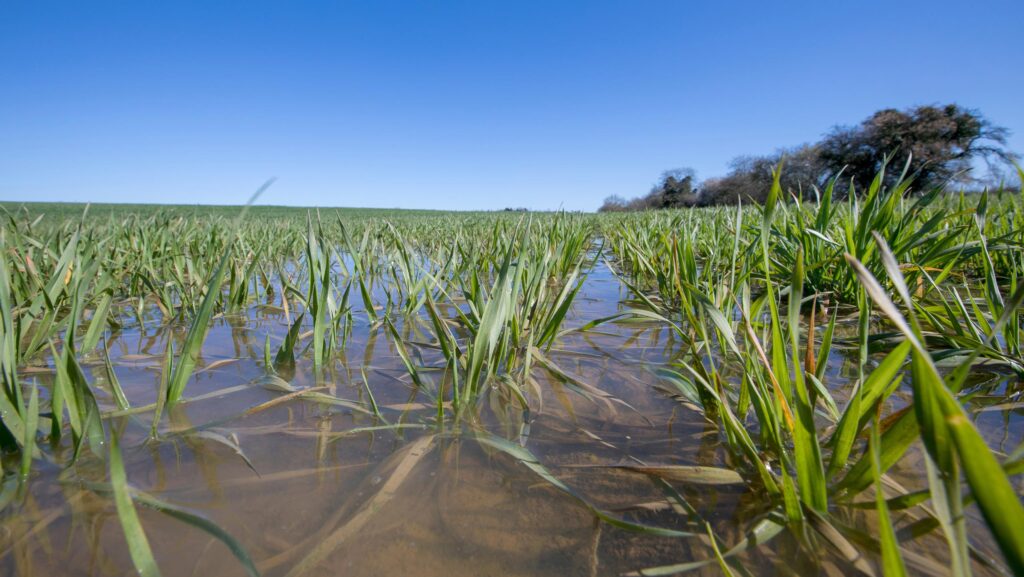Mixed fortunes for farmers as meteorological spring ends
 © Gary Naylor Photography
© Gary Naylor Photography As the Met Office distances itself from reports that the UK is heading into 50 days of rain, farmers across the UK are reporting mixed fortunes as meteorological spring comes to an end.
While some parts of the UK have been hit by heavy rain in recent weeks, the national weather service has said that it is too early to say if a wet summer lies ahead.
On the north-east Essex coast, on what is officially recognised as the driest farm in the UK, 40mm of rain in April followed by another 75mm in May is “about right” for arable farmer Guy Smith.
See also: Weather to set the tone for grain market until harvest
“I would normally be moaning about dry weather at this time of the year and, although the filthy wet weather in the autumn and winter has left its mark on a lot of crops, we are about where we want to be with our spring crops,” he said.
His spring-sown peas, sugar beet and linseed are looking healthy.
In an ideal world, Mr Smith would like six inches of rain between now and harvest, followed by a dry four-week period, and then “an inch a week to get the rape growing”.
“But as my dad would say ‘you get what you are given’,” he mused.
Scottish update
At the other end of the UK, at Deeside, Aberdeenshire, arable and livestock farmer Rodney Blackhall is harvesting first cut silage at his earliest ever time.
“The combination of the moisture in the ground and the heat we had in the first three weeks of May have meant we went from grass being non-existent to an explosion, we are just about keeping up with it,” he said.
“We are gearing up to start cutting silage this weekend, the earliest ever we have been at it.”
But he admits that a lot of his winter crops are “looking terrible”.
“What winter oats we have are looking pretty poor, but the spring barley has established well,” said Mr Blackhall.
Potato growers in the north-east corner of Scotland with heavy land are struggling to plant, he added.
“The water table is still high and I have spoken to farmers who have only got half their tatties in, they would usually have them all in the ground by now.”
